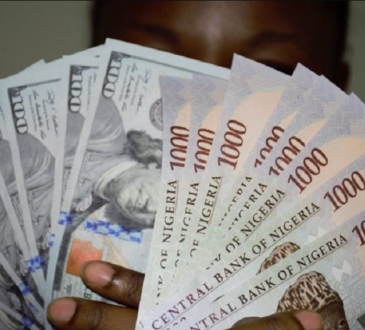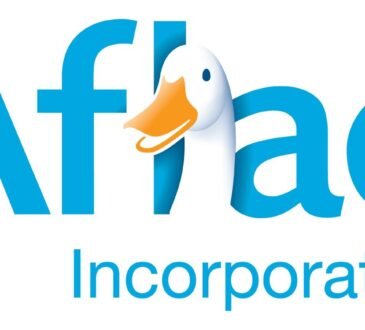Yemen’s Prime Minister Ahmed Awad bin Mubarak held an emergency meeting on Tuesday in Aden to address the sharp decline of the Yemeni rial, which has hit a record low in government-controlled areas. The meeting, attended by Central Bank Governor Ahmed Ghaleb and Finance Minister Salem bin Buraik, focused on implementing economic reforms to stabilize the currency and boost revenues. The collapse of the rial, now trading at over 2,000 rials per US dollar compared to 215 rials before the war, has significantly worsened living conditions for Yemenis by driving up the cost of essential goods such as food and fuel.
The Yemeni Central Bank responded by announcing a $50 million auction, scheduled for October 20, as part of immediate efforts to stabilize the exchange rate. Governor Ghaleb attributed the currency’s rapid depreciation to the halt of key national resources, reduced foreign aid, and declining state revenues. He called for swift action to prevent further economic deterioration, which has severely impacted the country’s ability to meet financial obligations, including the payment of salaries.
Meanwhile, the Central Bank’s Board of Directors urged the government to reassess its fiscal and economic policies, emphasizing the need for more efficient resource collection and spending management. They highlighted the strain on the national economy due to increased energy spending and the absence of practical solutions to stabilize the currency.
Economic analysts warn that without intervention, the government may struggle to pay salaries by the end of the month, further exacerbating Yemen’s already dire humanitarian situation.




